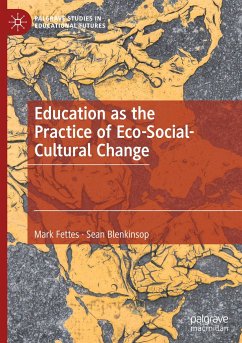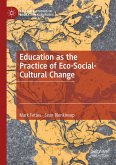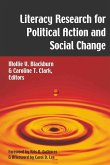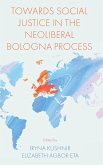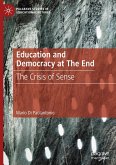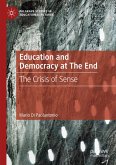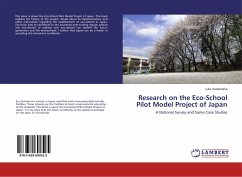The current ecological crisis is the consequence of entrenched attitudes, discourses and behaviours in human societies worldwide, fostered and reinforced through modern educational traditions, processes and institutions. This book envisions a radical transformation of education to focus on the mutual flourishing of human societies with the rest of life on Earth. In part, the authors suggest approaching this as a problem of systemic design, incorporating principles that challenge and undermine key premises of the Capitalocene-the socio-economic-political landscape sustaining the current educational regime. Tracing the implications of this transition, they review core assumptions of modern Western culture that need to shift, and identify a wide range of relevant capacities and practices grouped under four complementary educator "stances" for eco-social-cultural change.
Bitte wählen Sie Ihr Anliegen aus.
Rechnungen
Retourenschein anfordern
Bestellstatus
Storno

